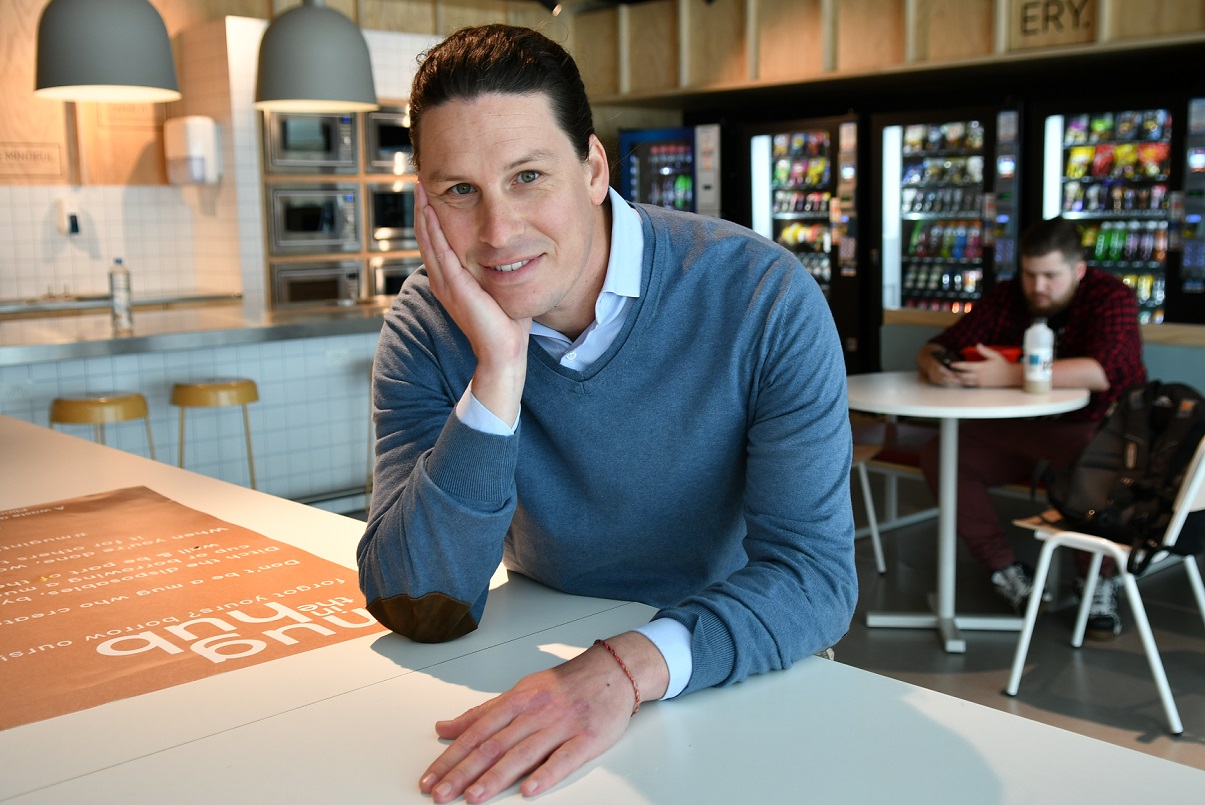
We sat down to talk with Dr Dan Fassnacht, whose research into anxiety, body image and eating disorders is examining fresh ways to address mental health and mental illnesses.
What made you decide to work in your field?
I never thought I would become a researcher, but I was always curious about why some people are happy in their lives and why others go through more challenging times. Why do some people have high levels of wellbeing and others live with a mental health condition? I started conducting research in this area and hope to make a difference through prevention and treatment of mental illness.
What is your current research about?
My research sits at the intersection of health and clinical psychology and I’m trying to answer such questions as: How can we promote wellbeing in the community? What are psychological and social factors which make people more likely to develop mental health conditions such as eating disorders or obsessive-compulsive disorders? I’m also searching how we can develop interventions to prevent people from getting ill, or how to best treat them if they are already experiencing problems.
What are the benefits for the wider community?
We are developing a podcast to encourage people with eating disorders to seek treatment from a health professional. Eating disorders are very serious mental health conditions but only a minority of people seek professional help. In the podcast we share stories of hope from people with a lived experience to spread the message that recovery is possible – and clinicians and researchers provide evidence-based information and advice about eating disorders.
What has been your proudest moment as a researcher?
It’s influencing the next generation – when my first Honours student in Singapore published a scientific peer-reviewed paper together with me, and then went to do a PhD in the UK.
What has been your most challenging moment as a researcher?
I’ve moved continents and countries a few times – my Master in Psychology is from Germany, I did my PhD in Portugal, had my first academic appointment in Singapore, and then moved to Australia for post-doc and lecturer positions (initially at Australian National University, now at Flinders). Moving to any new city and starting a new job is challenging, but I like it a lot. Meeting new people, trying new cafes and restaurants, and exploring a new city is very exciting.
What does a normal day look like for you?
My working days typically include writing a manuscript or a lecture, reviewing work (either a manuscript from colleagues or student assignments), analysing research data and attending research meetings. In my leisure time I love spending time with my little son, cooking or walking along the beach.
If there is one piece of advice you could impart on future researchers and university students, what would it be?
Be flexible but don’t lose sight of your goals, work with nice people and ask for advice when you’re stuck.

